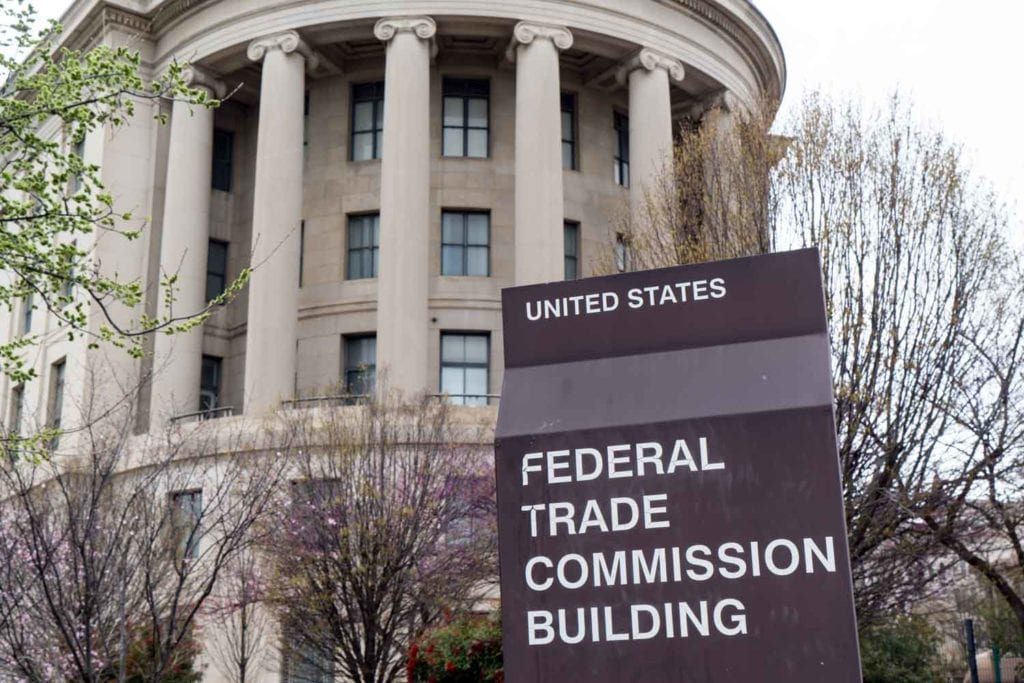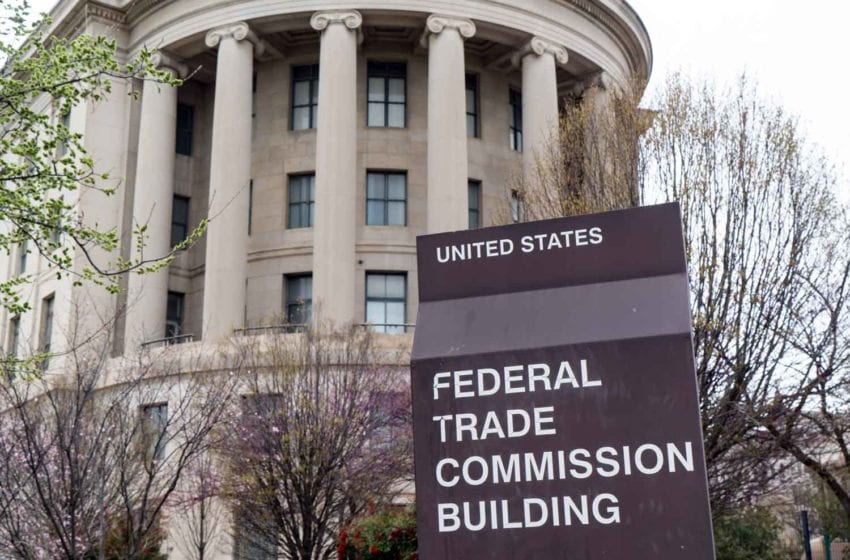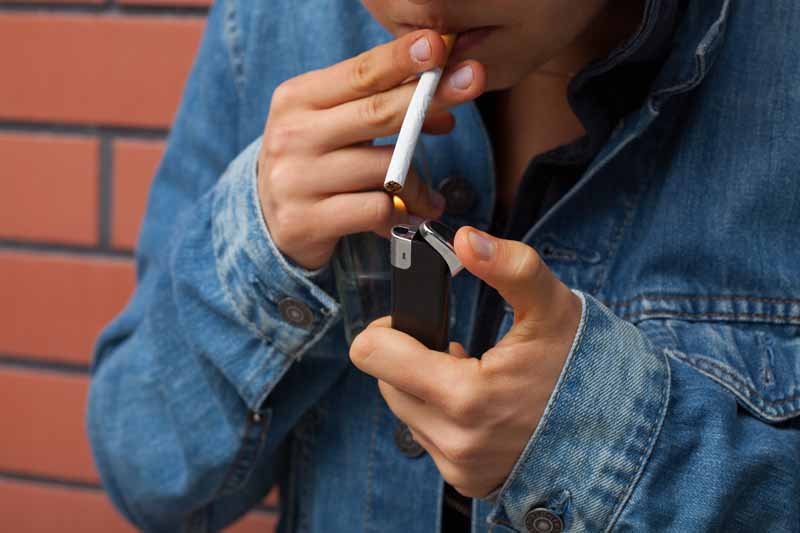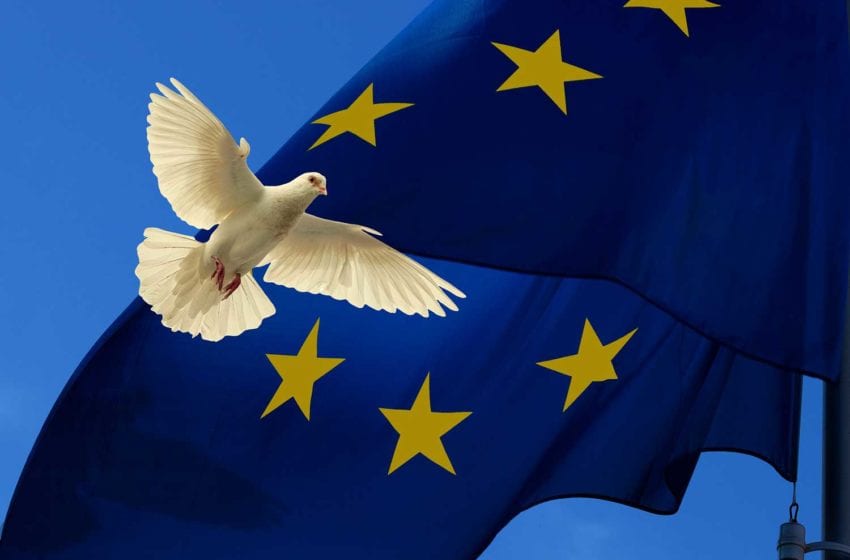
U.S. Federal Trade Commission staffers urged the commission to start its trial against Altria Group’s $12.8 billion investment in Juul Labs in April as scheduled, reports Law360.
The cigarette giant had requested a three-month delay from the current April 12 start, speculating that it will be safe to hold an in-person trial by mid-July. The current April trial will be virtual due to the Covid-19 crisis. The trial was previously moved from Jan. 5 to mid-April because of the pandemic. Altria and Juul said a virtual hearing would diminish their attorneys’ ability to assess the credibility of the testifying witnesses.
In a filing Thursday to the agency’s commissioners, the FTC’s trial staff said that hopes for an in-person, Covid-free proceeding by July are “highly speculative.”
“While the vaccine news is promising, the timetable for the chief administrative law judge and his staff, witnesses and counsel to receive vaccinations is highly uncertain at this time,” the staffers said. “And, while complaint counsel shares respondents’ concerns regarding the severity of the pandemic, these concerns can be remedied by proceeding with a virtual hearing.”
The FTC case alleges that that Altria shut down its own e-cigarette business to pave the way for the investment, in the process eliminating competition in violation of antitrust laws.




















